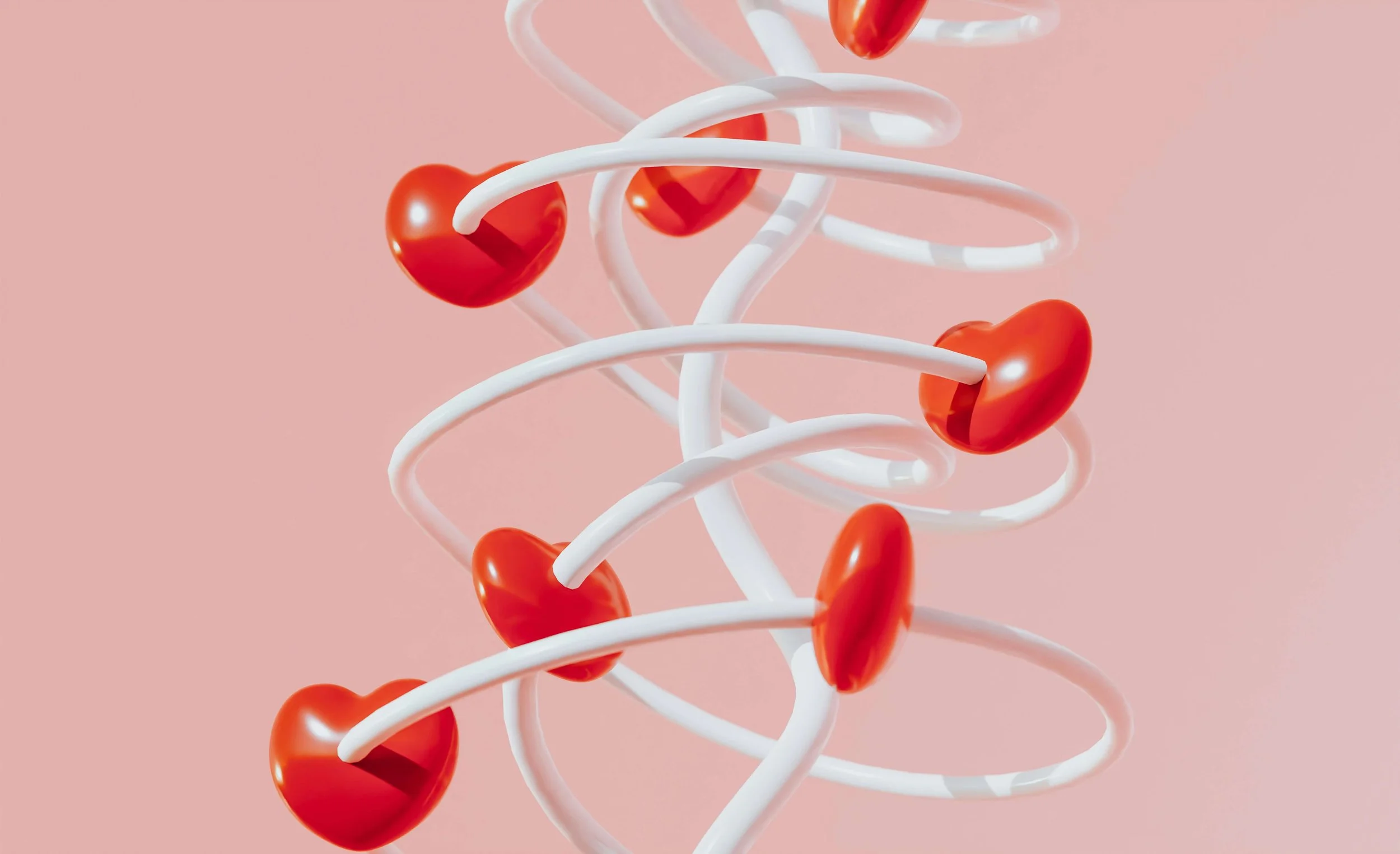Am I Clingy Quiz
Am I Clingy?
A self-assessment tool to explore attachment patterns and relationship behaviors
🧡 Important Ethical and Legal Disclaimer
This quiz is for educational and self-reflection purposes only and cannot provide a psychological diagnosis or replace professional mental health assessment.
Attachment behaviors exist on a spectrum, and what might seem "clingy" could be normal responses to stress, anxiety, or past experiences. This tool is designed to help you reflect on your relationship patterns, but it cannot determine if you have an attachment disorder or other mental health condition.
Only qualified mental health professionals can provide accurate assessment and diagnosis. If you have concerns about your attachment patterns or relationship behaviors, please consult with a licensed therapist, psychologist, or counselor.
Emergency Resources:
• If you are experiencing a mental health crisis or having thoughts of self-harm, please call 911 immediately.
• For mental health crisis support, call or text 988 for the Suicide & Crisis Lifeline (available 24/7).
• For domestic violence support, call the National Domestic Violence Hotline at 1-800-799-7233.
Remember: Your attachment style and relationship behaviors can change with awareness, effort, and professional support. Seeking help is a sign of strength and self-awareness.
Professional Support for Attachment and Relationship Patterns
Whether you're working on attachment patterns or building healthier relationships, professional guidance can provide valuable tools for developing more secure connections with others.
Get Professional Support for Attachment Issues
